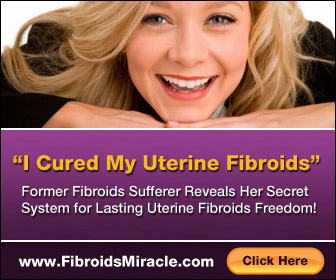Vaginal pain and bleeding are among the common symptoms of uterine fibroids during pre or postmenopausal stage. It is important to learn more about the condition to know what to do and to make it more possible to get detected early on.
Here are the top facts that you need to understand about this condition:
- They are non-cancerous tumors caused by abnormal growths of muscle tissue in the uterus wall.
- The growths of these fibroids are largely affected by hormones called progesterone and estrogen. Women in the postmenopausal stage have low levels of these hormones, making it possible for the shrinkage of the fibroids.
- It is not possible for the tumors to naturally dissolve. No matter what your age is and what symptoms you are experiencing, you have to get yourself checked and have the tumors removed.
- Some of the most common symptoms of the condition include pelvic pain and irregular bleeding between periods.
- They cause changes in the period and bleeding pattern, similar to the effects of uterine polyps. The latter likely happens during menopause unlike uterine fibroids, which commonly develop during reproductive years, but can also affect women in their menopausal and postmenopausal stages.
The condition is also referred to as myomas or leiomyomas, a benign condition that is not life-threatening or harmful, but can cause discomfort. The symptoms of the condition vary, depending on the number of fibroids, location, and size.
It is important to track your symptoms if you fear that you might be suffering from this condition. When left untreated, these tumors may lead to other problems, such as pregnancy complications, fertility changes, pelvic pressure or pain, anemia, and heavy bleeding.
After menopause, women have a lower risk of having fibroids, but it is still possible to have them for the first time during this period. In most cases at this age in a woman’s life, fibroids become smaller and cause fewer symptoms than women who had them at a younger age.
If you are taking HRT or hormone replacement therapy, it will become less likely for the symptoms of the fibroids to decrease even during after menopausal stage. HRT contains progesterone and estrogen, hormones that cause fibroids growth in a woman’s younger years.
It is best to get yourself checked to know whether or not you have the condition. For women in their menopausal age, it is more common for the doctor to skip treatment but only if the condition isn’t causing aggravating symptoms.
Here are the most common medications given in cases when the tumors are causing lots of discomfort:
- NSAIDs or non-steroidal anti-inflammatory drugs to relieve pain and other symptoms.
- Birth control pills
- Iron supplements
- GnRHa or gonadotropin-releasing hormone agonists
- Surgery is also recommended for women experiencing severe symptoms and those who have large fibroids.
Pain and bleeding in the uterus are commonly experienced by women affected by the uterine fibroids. You may likely experience them during your child-bearing years but it is still possible to suffer from these symptoms during your pre and postmenopausal age.


